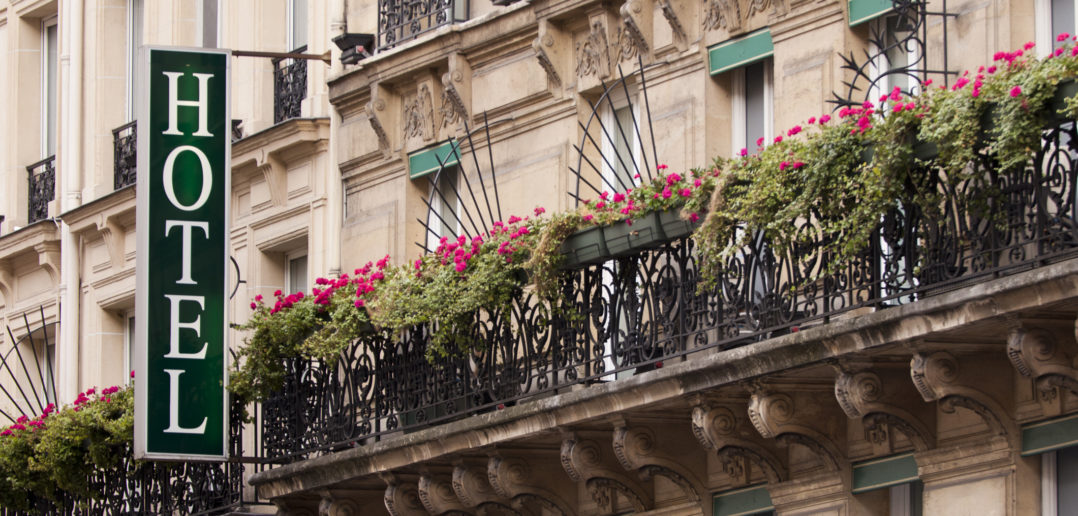Like other industries, hotels are going through changes brought about by social media and changing customer expectations. Cornell University recently surveyed hotel revenue managers and found 63% expect total hotel management to become commonplace. Total hotel management is the revenue and profit coming not just from room rentals but from room service, restaurants and from renting out meeting spaces.
Let’s look at how hotels dare to be different:
- Catering to business travelers. By 2022, it is estimated 42.5% of the world’s workforce will be mobile, able to work wherever there is Wi-Fi and a computer. Hotels are increasingly catering to this new class of business traveler, an experience called “bleisure” which offers networking spaces and communal workplaces combined with technology. In addition to these features, bleisure hotels offer restaurants, long-stay units featuring kitchens, coffee shops and game rooms. Source: CNN
- Host a special, niche event. Every year, the Hotel Pennsylvania in New York City hosts the members of the Westminster Kennel Club dog show. To cater to this niche lodgers, the hotel transforms a conference room into a dog spa, a rooftop into a dog park and a section of the lobby into a potty area. The hotel has a doggy concierge to cater to the furry patrons, and the kitchen prepares special meals for the dogs. In the U.S., 75% of hotels allow pets. Source: Washington Post
- Using big data to discover what guests want: Hotels have long offered amenities, but which amenities to offer often fell to guess work. Now, hotels are using analytics to make decisions. “We want to help hotels determine which free amenities give them the best chance to boost their hotel’s appeal, increase sales, and improve customer satisfaction,” Anil Kaul, CEO of Absolutdata, told Tech Republic. Analytics can be used to determine which amenities make one hotel stand out against competitors and provide the best customer experience. The amenities that have a high return on investment are Wi-Fi and bottled water. Exercise rooms also are a big draw. Source: Tech Republic
- Being ordinary is good. Bigger isn’t always better hotels in Singapore have found. These hotels are catering to budget conscious customers and offer smaller rooms for a better value. Other services offered by Singaporean hotels include age-based discounts and laundry service. This is a change from past decades when Singapore was known for luxury. However, as the economy changes and more Millennials began traveling, attracting middle to lower class travelers has become paramount. In the past two years, the number of hotel rooms priced $120 a night has increased 32%. Source: Reuters
- Wanted: Solo female travelers. In the United States and Europe, nearly half of all business travelers are women, but this group was ignored as a customer base. Some of the changes hotels have made with women in mind include added security, larger closets or dressing rooms, ordering room service without having to open the door to hotel staff, all female staff and luxurious robes and slippers. However, not all women agree with these changes. “It’s insulting,” says Michelle Lee, the founder of Women in Travel and a member of T+L’s Business Travel Advisory Board. “With all of our efforts to achieve equality, hearing about items only for females (hair dryers, nylons, etc.) hits me as borderline insulting unless it is followed up by items for men and services for all.” Source: Travel and Leisure
Top photo: Getty Images



